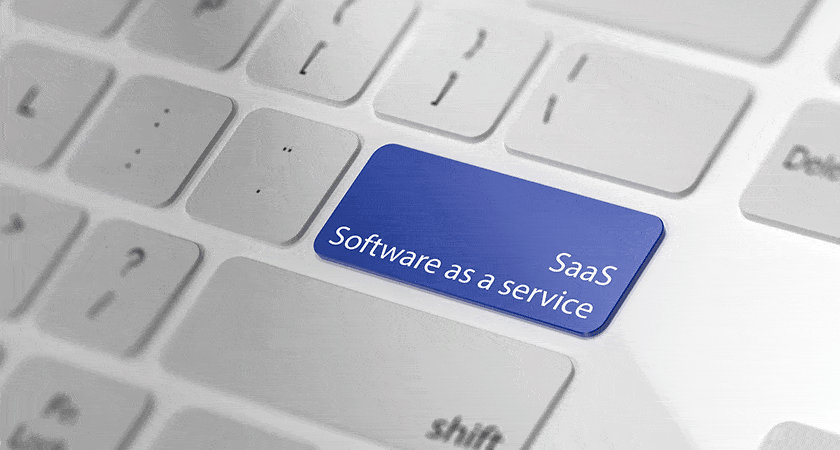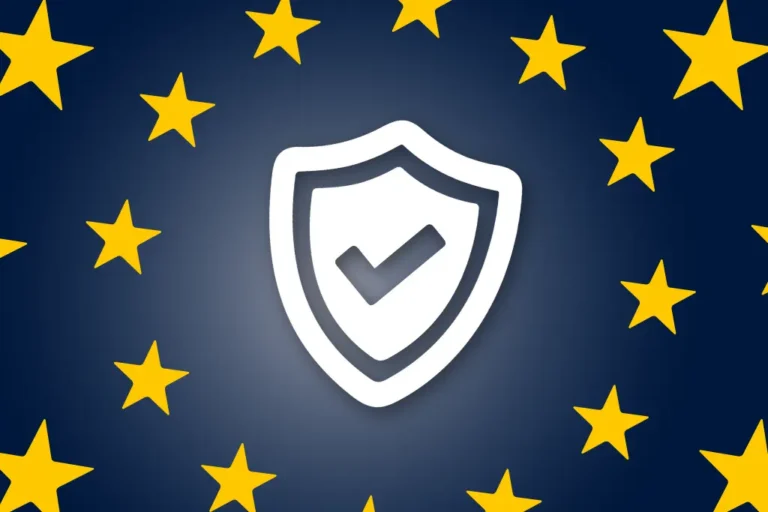German supermarket superpower Lidl announced in July that after seven years and an estimated 500 million euros they were ending their ERP digital inventory management partnership with SAP. Lidl CEO Jesper Hoyer in an internal memo told staff that “The strategic goals as originally defined were not possible at an acceptable expense”. Lidl, will now according to a company insider, start from scratch. Tensions surrounding the failed project have called into question if aged and complicated ERP systems are fruitless for businesses in the cloud age. Can other software solutions, including SaaS, offer businesses more?
1: The reality of implementing an ERP system in 2018
ERP or enterprise resource planning is defined “as the ability to deliver an integrated suite of business applications”. Businesses are drawn to ERP as it promises to automatically organise and streamline multiple processes, for example, administration, e-commerce and asset management. However, the dizzying expectations placed on traditional ERP systems are unrealistic.
Experts agree that it is impractical to assume one complete system will be a comprehensive solution.ERP consultancy group Panorama have surveyed that 72% of ERP projects fail in one or more of three key areas “cost, duration, and/or realised business benefits”. Gartner have cited that these ERP “deployments tend to come at a significant price” while “business benefits are difficult to justify and understand”. Lidl join the ranks of the US Defence Department, Deutsche Post, Nike and Hershey’s in recent ERP failed projects with their combined losses running into the billions.
In the case of Lidl, the intensive planning since 2011 for ‘project eLWIS’ was hindered by its reluctance to adapt its own processes. The chain did not want to change how it measured its inventory management system for its 10,000 stores in 26 countries. Lidl currently in the midst of a ‘slower and focused’ expansion strategy in the United States aim to open 331 stores by 2020 . Reports about the failed project have concluded that the 500-million-euro project was not suitable for high turnover countries. Indeed, the SAP software developed for this project was heavily adapted, rendering it extremely complex and rigid in the face of change. A SaaS ERP model in this example would wholly support flexibility and innovation to bring Lidl’s strategy into 2018.
2: SaaS Versus Traditional ERP Packages
Tien Tzuo, the ex CSO of Salesforce and founder of Zuora, a company that creates cloud-based software based on a subscription basis, argues that ERP software, “is on its deathbed”. Why? He has coined the phrase “the subscription economy” as growth leans towards subscription-based services ala Amazon Prime, your favourite newspaper and Netflix. Gartner cites that by 2020 80% of new and established software vendors will change their business model to that of subscription. Customers agree, with the subscription e-commerce market growing by more than 100% in the past five years in the U.S. alone. Businesses in the digital age who adopt SaaS cloud-based software automatically enhance the simplicity, flexibility, control and accessibility of their projects. SaaS software available via subscription is an enhanced control. Forbes contributor Steve Andriole agrees that, ‘the cloud has killed big software’ as long term ERP projects, like the 7 year one carried out at Lidl, render businesses out of control when facing organisational and technological change. It is clear to see, that subscription-based and customisable SaaS packages are fuelling the future of business. What’s more is that businesses who demand a comprehensive solution to an exhaustive list of issues (traditional ERP projects cover on average 15 systems) will not meet a one-for-all solution without sluggish and all-consuming complications. In a race for revenue, the flexibility and accessibility of SaaS software solutions are in line with the future of business, as Lidl learned the hard way.
3: DiliTrust Software Design and Delivery
At DiliTrust our software solutions are aligned with our philosophy of providing one perfect solution to one client problem at a time. Using our six software solutions enables businesses to address and eliminate complex issues, separately and simply. DiliTrust Exec is one such solution, designed to streamline and securely allow for Board Members and Executive Committees to actively engage with their duties via our online digital board portal. Simple to use design, secure sharing and an intuitive interface allows for an easy transition to a paperless portal for all members. All our applications are offered by default in SaaS. Our customers can also avail of a subscription-based solution plan for each solution which can be tailored to their needs.



